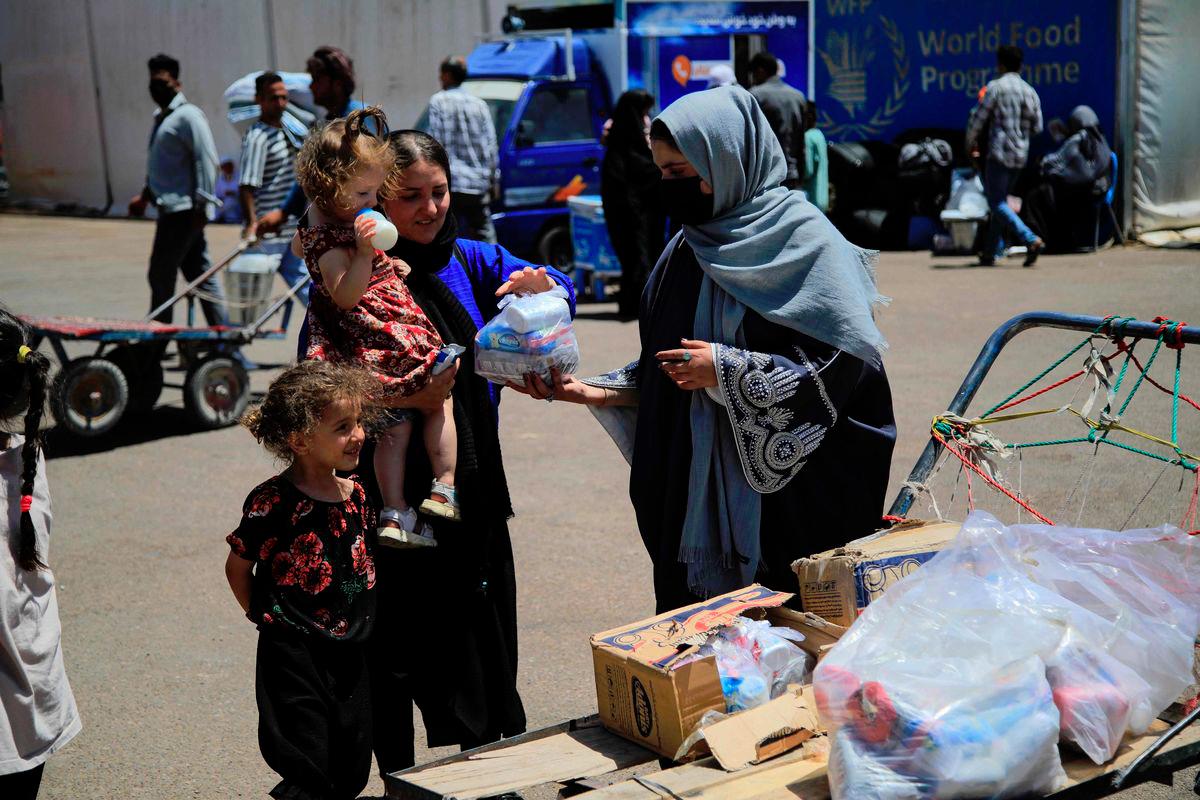ISLAM QALA: At the Iran-Afghanistan border, volunteers like Fatima Rezaei distribute essential supplies to returning Afghans amid a surge in deportations.
Over 1.6 million Afghans, including children, have been forced back this year, with Iran citing unemployment and crime concerns.
Rezaei, a 22-year-old journalist, travels 100 kilometres from Herat to assist despite limited resources. “It doesn’t matter whether you have a lot of money or not.
I don’t have much, but with the help of Afghans here and abroad, we manage,“ she said.
The UNHCR reports daily crossings at Islam Qala reaching 30,000, peaking at 50,000 on July 4. Local efforts, supported by diaspora donations, have mobilised to meet the overwhelming need.
Rezaei hands out baby wipes and sanitary towels to women under makeshift tents, stating, “It is our responsibility to stand by their side.”
Hosna Salehi, volunteering with her parents’ charity Khan-e-Meher, provides infant formula to mothers struggling due to stress-induced milk shortages.
“Our fellow Afghans need our support right now. We have a duty to give what we can,“ she told AFP.
Taliban authorities acknowledge the crisis but admit limited capacity.
Ahmadullah Wassiq, director of Afghanistan’s High Commission for Refugees, praised civilian efforts: “The government cannot solve these problems alone.”
Returnees like Hussein, a father of two, face rebuilding lives after losing jobs in Iran. “They really helped us and extended a hand,“ he said, awaiting transport to Kabul.
With half of Afghanistan’s population in poverty, volunteer Omid Haqjoo noted the rarity of grassroots aid efforts but emphasised their growing importance.
“We are trying to promote it... to provide the support that is missing,“ he said.
Salehi reflected on the day’s work: “If I was able to help volunteer, I think everyone can.” - AFP









